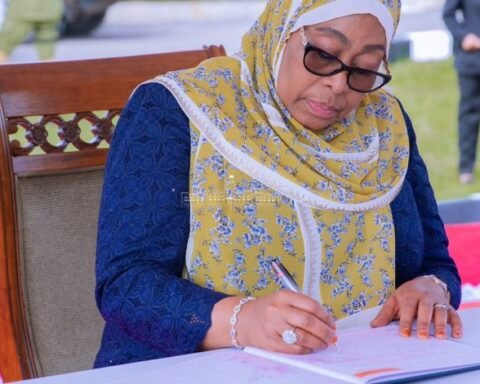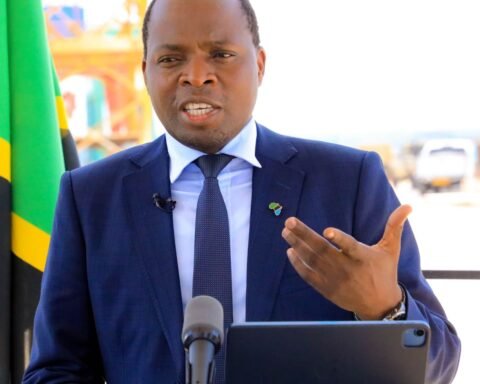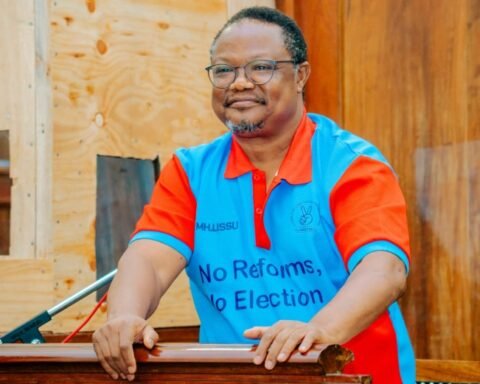Days after Bishop Dr. Fredrick Shoo publicly expressed his desire for President Dr. Samia Suluhu Hassan to be granted a second term, various stakeholders have reacted with mixed opinions, sparking lively discourse.
While some have supported Dr. Shoo’s remarks, others have voiced strong objections.
One prominent dissenting voice is Karagwe Diocese Bishop Dr. Benson Bagonza, who stated that Dr. Shoo’s comments represent his personal stance rather than the official position of the Evangelical Lutheran Church in Tanzania (ELCT). Dr. Bagonza contended that Dr. Shoo’s views should remain limited to his own diocese and not represent ELCT’s collective opinion.
Bishop Bagonza clarified that the church has a formal structure and a single presiding leader, Dr. Alex Gehaz Malasusa. He emphasized the importance of adhering to established hierarchy, noting that the role of “retired church leader” does not formally exist within the ELCT. Only a previously appointed leader could be re-elected to serve, he added, underscoring that ELCT’s organizational unity does not support unilateral stances on political endorsements.
Amidst his reflections, Dr. Bagonza expressed personal admiration for President Samia but refrained from aligning his views with any formal church mandate. He affirmed his independence in commenting on political matters and clarified that his perspectives are exclusive to his diocese of Karagwe, emphasizing his respect for others’ autonomy.
Read More; Majaliwa, Russian Minister Discuss Key Economic Partnerships
This discourse within the Tanzanian church community highlights broader conversations about the intersection of religious leadership and politics. The response to Bishop Dr. Shoo’s remarks demonstrates the diversity of opinion within religious circles regarding political endorsements and the church’s role in matters of governance.
Bishop Bagonza’s remarks echo the complexities and varied perspectives held by leaders and congregants alike, showing a deep commitment to both political independence and religious unity. As the national conversation continues, Tanzanian leaders and citizens are keenly observing how the church navigates these influential discussions, with a shared interest in fostering respect for each voice within the church and the wider public sphere.








There are some interesting closing dates in this article but I don’t know if I see all of them middle to heart. There’s some validity however I’ll take maintain opinion till I look into it further. Good article , thanks and we would like more! Added to FeedBurner as nicely